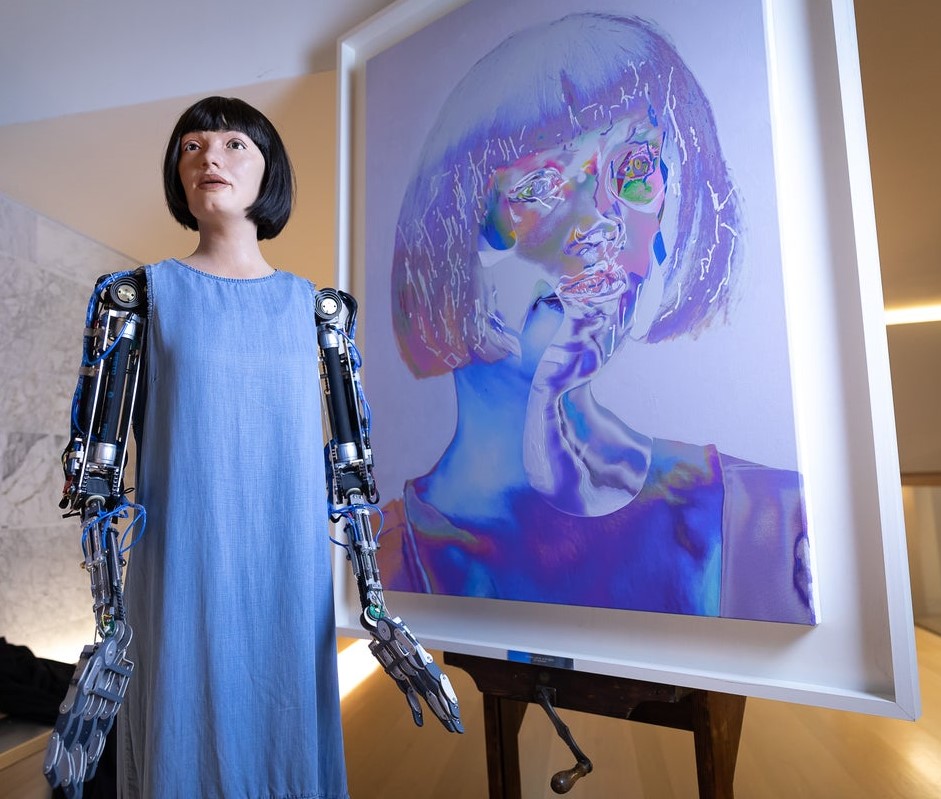On the 11th of last September, the Egyptian regime initiated the National Strategy for Human Rights anticipating the regular visit to Washington DC to attend the meetings of the United Nations General Assembly. It seems that the regime is sending a message to the US administration and European partners that we are advancing on the freedoms and rights scale through the reforms accomplished.
There was no context to understand the statements about the strategy, as there weren’t any available versions that may enable writers, academics or the common readers to be informed about it if they were the people who meant with it, not the international community who represents the real source of finance, legitimacy, and protection of the Egyptian regime against the flooding stream of the Egyptians who may flow to Europe and the west. This repressive regime marketing the idea of inflicting chaos in the region and selling itself in these words simply and directly which is unusual for such regimes.
On the same day, the strategy was announced, George Isaac, a member of the National Council for Human Rights, stated that he was detained and interrogated while he was in Cairo Airport. Isaac has no anti-regime tendencies and has no relation to the Islamists that the regime is comfortable to describing them as terrorists and the regime task is to fight the potential terror and to save Egypt and its people from this current.
A few days later, the detention of dozens of Egyptian activists was renewed under pre-trial detention which exceeded its legal limit to be circulated with mew charges that must be committed while they were in prison in solitary confinement or in the best-case scenario where they cannot speak to their fellows in the same cell without the words reach the jailer. Five days later, on September 16th, the President himself announced through a phone-in with Al-Tasea’a (nine o’clock) Program broadcasted on the state television, introduced by the TV anchor Youssef El-Housieny. The President announced the initiation of the construction of the biggest prison complex in Egypt following the American style.
The Arabic Network for Human Rights Information (ANHRI) estimates the numbers of main prisons in Egypt at 78 including 35 constructed after the January Revolution. This indicates that the regime only has more security constraints and repression to avoid the falling of previous regimes, it seems, ironically, that the people were protesting on the weak grip of security not the opposite, besides the degradation of economic and social conditions at the first place. It seems that, for the regime, the only mistake committed by Mubarak’s regime is not using the necessary brutal force to shut protests and protesters.
Before the mid of October, less than two months since the initiation of the National Strategy for Human Rights, the world was surprised with the detention of the robotic artist, Ai-Da, by the Egyptian authorities. Commenting on the detention of the robot by the Cairo Airport authorities for “security reasons”, the news was spreading by dozens of international newspapers and websites of many international channels, wondering why the Egyptian authorities detained the robot Ai-Da?
The arrest comes before the expected participation of “Ai-Da” in a gallery supposed to be held near Giza Pyramids to promote the touristic and constructions’ achievements implemented by the government in this area. What a paradox, all of these events happened at the same time, which triggered the domestic and international media to speak up about the human rights violations of the Egyptian regimes that to be that crazy to violating the rights of everything that looks like a human, even if it is a robot! It is true that these dictatorial regimes have no sympathy and do not care what the international community would state, but they are strongly affected by the policies that this international community can take according to its statements.
The regime is severely affected by any American statement about decreasing the annual military of financial aid. And also it’s very upset about any critics in this file, which means a doubled loss as it loses the money paid for the American PR companies supposed to wash its image before Congress and the White House, in addition to the withholdings of the aid. However it may be small amounts and could be replaced, but it put scars on the Egyptian regime’s face and makes it feel that the American administration does not support it enough and does not support it all the way.
It should be mentioned that Abbas Kamel went to Washington DC to remind the US administration that they dealt to deport Mohamed Sultan to complete the rest of his sentence in an American prison, not to be released. At the same time, the members of the International Group, formed by Mohamed Esmat Al-Sadat, were struggling to persuade the US administration that the Egyptian regime is taking reforms seriously to release non-Islamists detainees using the initiation of the National Strategy to prove theirs point of view.
After all of these fatal mistakes, how this regime would promote its reforms while suffering a decline in its importance regionally and its intransigence in the human rights file and the lack of any willingness, even a simple one, to make any serious concession in this file? It is true that these regimes and their advocates see the world conspiring against them, they only see their achievements and exaggerate them, and they do not like to see anything other than this image, even on a movie screen.
A new unfamiliar movie was able to distract this image and deliver a message that yet there is a disguised, mobile and spreading poverty even if we turned a blind eye to it, and even if we force the poor to hang the chief pictures everywhere, and even if we oppressed any person, entity, or party that tries to reveals it, he exists and expresses itself strongly in local and international reports, in the streets and factories.





Recent Comments